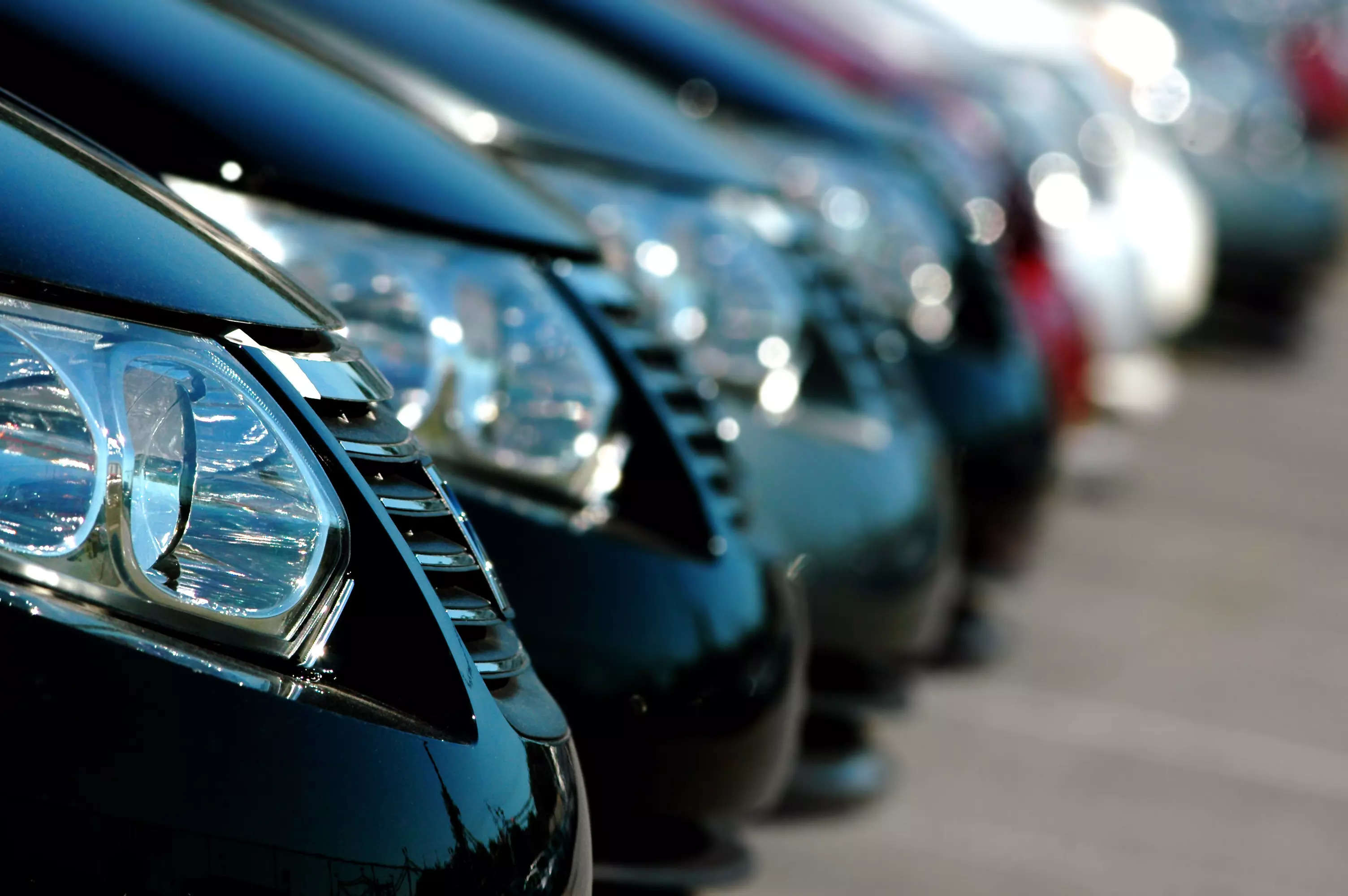
China’s auto sales rose 9.5 per cent last year as electric vehicle purchases nearly doubled, but demand in the global industry‘s biggest market slumped in December, foreshadowing weaker growth this year, a trade group reported on Thursday. Sales of SUVs, sedans and minivans rose to 23.6 million, according to the China Association of Automobile Manufacturers. Total vehicle sales, including trucks and buses, edged up 2.1 per cent to 26.9 million.
In December, sales fell 6.7 per cent from a year earlier to 2.3 million as consumer spending weakened under pressure from anti-virus restrictions that kept millions of people at home and an economic slowdown caused by tighter controls on corporate debt. Total vehicle sales fell 8.4 per cent to 2.6 million.
CAAC forecast steady growth this year but said annual sales might rise only 3 per cent.
The economy is rebounding following the ruling Communist Party’s surprise decision to lift anti-virus controls on travel and business. But the recovery is expected to be rocky as China copes with a surge in infections and weakening US and European demand for its exports.
Global automakers are looking to China to propel sales growth at a time when US and European demand is flat to declining.
The World Bank and private sector forecasters have cut their outlooks for China’s economic growth last year to as low as below 3 per cent. The International Monetary Fund expects a recovery to 4.4 per cent this year, but that still would be among the lowest levels of the past three decades.
Sales of gasoline-electric hybrids and pure electric vehicles rose 93.4 per cent in 2022 to 6.9 million, according to CAAC. Sales of pure electrics were up 81.6 per cent at 5.4 million vehicles while those of hybrids soared 160 per cent to 1.5 million.
Sales of gasoline- and diesel-powered vehicles tumbled 25.3 per cent in December to 1.3 million.
China accounts for more than half of global EV sales. The ruling party subsidized the industry’s launch to get an early lead in an emerging technology but has since shifted the financial burden to automakers by imposing sales quotas.
They are investing billions of dollars in developing models that Chinese drivers will want to buy without subsidies and have formed partnerships to share the soaring costs.
EVs made up 25.6 per cent of vehicle sales, CAAC said.
China’s annual auto sales peaked in 2017 at 24.7 million but collapsed in 2020 to 20.2 million after dealerships closed as part of efforts to contain COVID-19. They have gradually recovered since then.
Sales of Chinese brands grew 22.8 per cent in 2022 to 11.8 million, accounting for 49.9 per cent of the market, according to CAAC. Sales rose 12.7 per cent in December from a year earlier to 1.3 million.
Also Read:
